OUTLINE:
A Comprehensive Introduction about Wire Resistors
 169
169While you're sitting in your cozy living room, enjoying in a gripping movie on your high-definition TV. Suddenly, the screen goes blank, and frustration sets in. Little do you know, the wire resistor is silently working to keep your entertainment alive. This passage provides an in-depth understanding of wire wound resistor, including their definition, materials used, types and advantages.
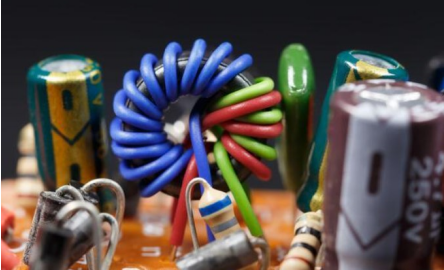
What is a Wire Resistor
Wire resistors, also known as wire wound resistors, are widely used in various electronic applications. A wire resistor is a passive electronic component designed to impede or limit the flow of electric current.
It consists of a wire wound around a non-conductive core, offering resistance to the electric current passing through it. This resistance is essential for controlling voltage levels and protecting sensitive components.
What Material is Used in Wire Resistors:
The wire used in wire resistors is typically made of alloys such as nickel-chrome (nichrome) or copper-nickel (constantan). These alloys provide high resistance and stability, allowing the resistor to handle high power and temperature levels without significant changes in its resistance value.
Types of Wire Wound Resistor:
Wired resistors are available in various types to suit different applications. Here are some common types:
Precision Wire Wound Resistors:
These resistors are designed for applications where high accuracy is required. They are typically made with a manganin or Evanohm resistive element and have a TCR of less than 50 ppm/°C. Precision wire wound resistors are also very stable, meaning that their resistance value will not change significantly over time or with temperature changes.
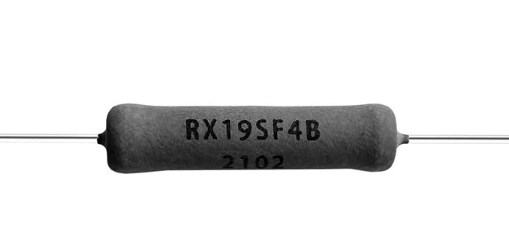
Power Wire Wound Resistors
These resistors are designed for applications where high power dissipation is required. They are typically made with a Nichrome resistive element and have a TCR of less than 100 ppm/°C. Power wire wound resistors are also very robust, meaning that they can withstand high voltages and currents.
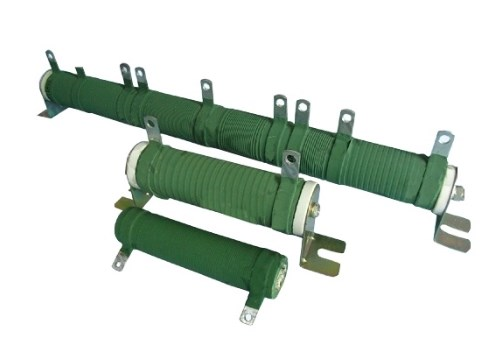
Axial Wire Wound Resistors
These resistors have leads that extend from both ends of the resistor body. They are typically used in applications where space is limited. Axial wire wound resistors are available in a variety of sizes and power ratings.
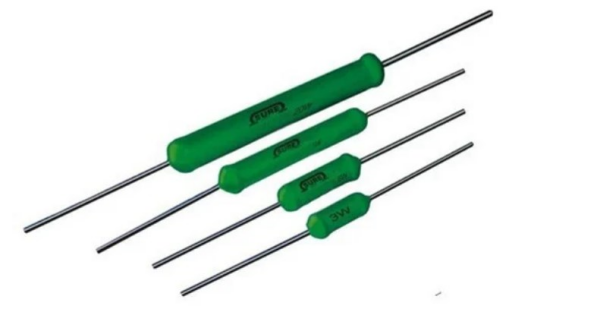
Radial Wire Wound Resistors
These resistors have leads that extend from one end of the resistor body. They are typically used in applications where space is not a concern. Radial wire wound resistors are also available in a variety of sizes and power ratings.
Surface Mount Wire Wound Resistors
These resistors are designed to be soldered directly to a printed circuit board (PCB). They are typically used in low-power applications. Surface mount wire wound resistors are available in a variety of sizes and power ratings.
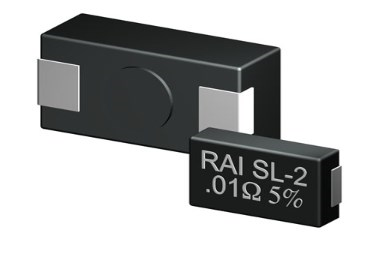
Adjustable Wire Wound Resistors
These resistors have a sliding contact that can be adjusted to change the resistance value. They are typically used in applications where the resistance value needs to be adjusted frequently. Adjustable wire wound resistors are available in a variety of sizes and power ratings.
Advantage of a Wire Wound Resistor
Wired resistors, with their inherent virtues, bestow upon discerning electronic enthusiasts a plethora of advantages that set them apart from their resistor brethren.
High Power Handling: Wire resistors can handle high power dissipation due to their robust construction and ability to withstand high temperatures.
Excellent Stability: Their strudy construction, often encapsulated within protective casings, shields them from the perils of temperature variations, humidity, and other external influences that could compromise their performance.
Precision and Accuracy: The meticulous construction ensures a uniform and consistent resistance value, allowing for precise control and calibration within the intricate realms of electronic circuits.
Final Words
Wire resistors, with their reliable performance, stability, and power handling capabilities, are essential components in various electronic circuits. Understanding the types, materials, and advantages of wire resistors can help in selecting the right resistor for specific applications. Whether it's precision, power handling, or low inductance requirements, wire resistors provide an effective solution for controlling and managing electrical currents.

Disclaimer: The views and opinions expressed by individual authors or forum participants on this website do not represent the views and opinions of Chipsmall, nor do they represent Chipsmall's official policy.

share this blog to:

